
Prof. Jiangzhou Wang (王江舟 教授)
Southeast University, China
- IEEE Communications Society Leonard G. Abraham Prize (2022)
- Fellow of the Royal Academy of Engineering, UK (FREng) (2018)
- Fellow of IEEE (2017)
- 中国工程院外籍院士 (2023)
Biosketch: Jiangzhou Wang (Fellow, IEEE) is a Professor at Southeast University and an Adjunct Professor at Purple Mountain Laboratories, Nanjing, China. He has published more than 500 papers and five books. His research interest is in mobile communications. He was a recipient of the 2024 IEEE Communications Society Fred W. Ellersick Prize and the 2022 IEEE Communications Society Leonard G. Abraham Prize. He was the Technical Program Chair of the 2019 IEEE International Conference on Communications (ICC2019), Shanghai, Executive Chair of the IEEE ICC2015, London, and Technical Program Chair of the IEEE WCNC2013. Professor Wang is an International Member of the Chinese Academy of Engineering (CAE), a Fellow of the Royal Academy of Engineering (RAEng), U.K., and Fellow of the IEEE.
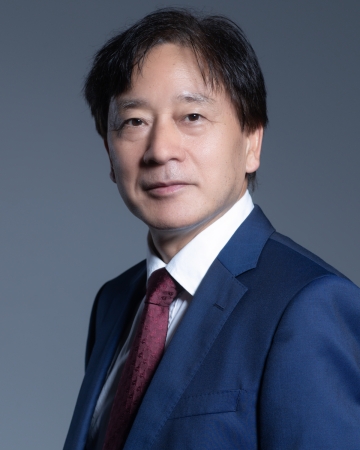
Prof. Yaochu Jin (金耀初 教授)
Westlake University, China (西湖大学)
欧洲科学院院士, Fellow of IEEE
Biosketch: Yaochu Jin obtained the BSc., MSc. and PhD degree all in automatic control from the Electrical Engineering Department, Zhejiang University, China, in 1988, 1991, and 1996, respectively, and the Dr.-Ing. from the Institute of Neuroinformatics, Ruhr-University Bochum, Germany in 2001. He is currently a Chair Professor of Artificial Intelligence with the School of Engineering, Westlake University. Before joining Westlake University, he was an Alexander von Humboldt Professor for Artificial Intelligence endowed by the German Federal Ministry of Education and Research, Bielefeld University, Germany from 2021 to 2023, and a Surrey Distinguished Chair Professor in Computational Intelligence, University of Surrey, Guildford, U.K., from 2010 to 2021. He was a “Finland Distinguished Professor” of University of Jyväskylä, Finland, and “Changjiang Distinguished Visiting Professor”, Northeastern University, China from 2015 to 2017. He is a Member of Academia Europaea and Fellow of IEEE.
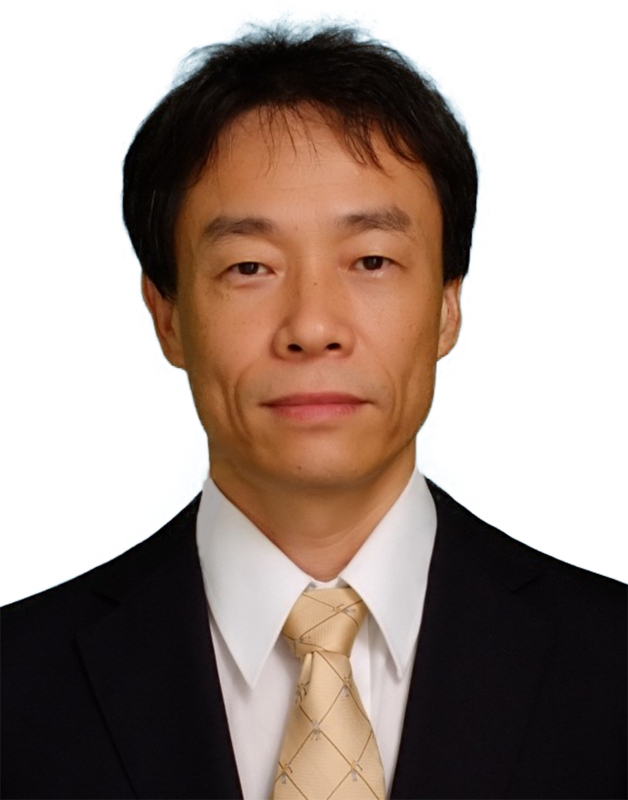
Prof. Nei Kato
Tohoku University, Japan
日本工程院院士, Fellow of IEEE and IEICE
Biosketch: Nei Kato is a full professor and with the Graduate School of Information Sciences, Tohoku University. He has studied computer networking, wireless mobile communications, satellite communications, ad hoc & sensor & mesh networks, UAV networks, AI, IoT, and Big Data. He served as the Vice-President (Membership & Global Activities) of IEEE Communications Society(2018-2021), the Editor-in-Chief of IEEE Transactions on Vehicular Technology(2017-2021). He is the Editor-in-Chief of the IEEE Internet of Things Journal, a Fellow of The Engineering Academy of Japan, IEEE, and IEICE
INVITED SPEAKERS | 邀请报告
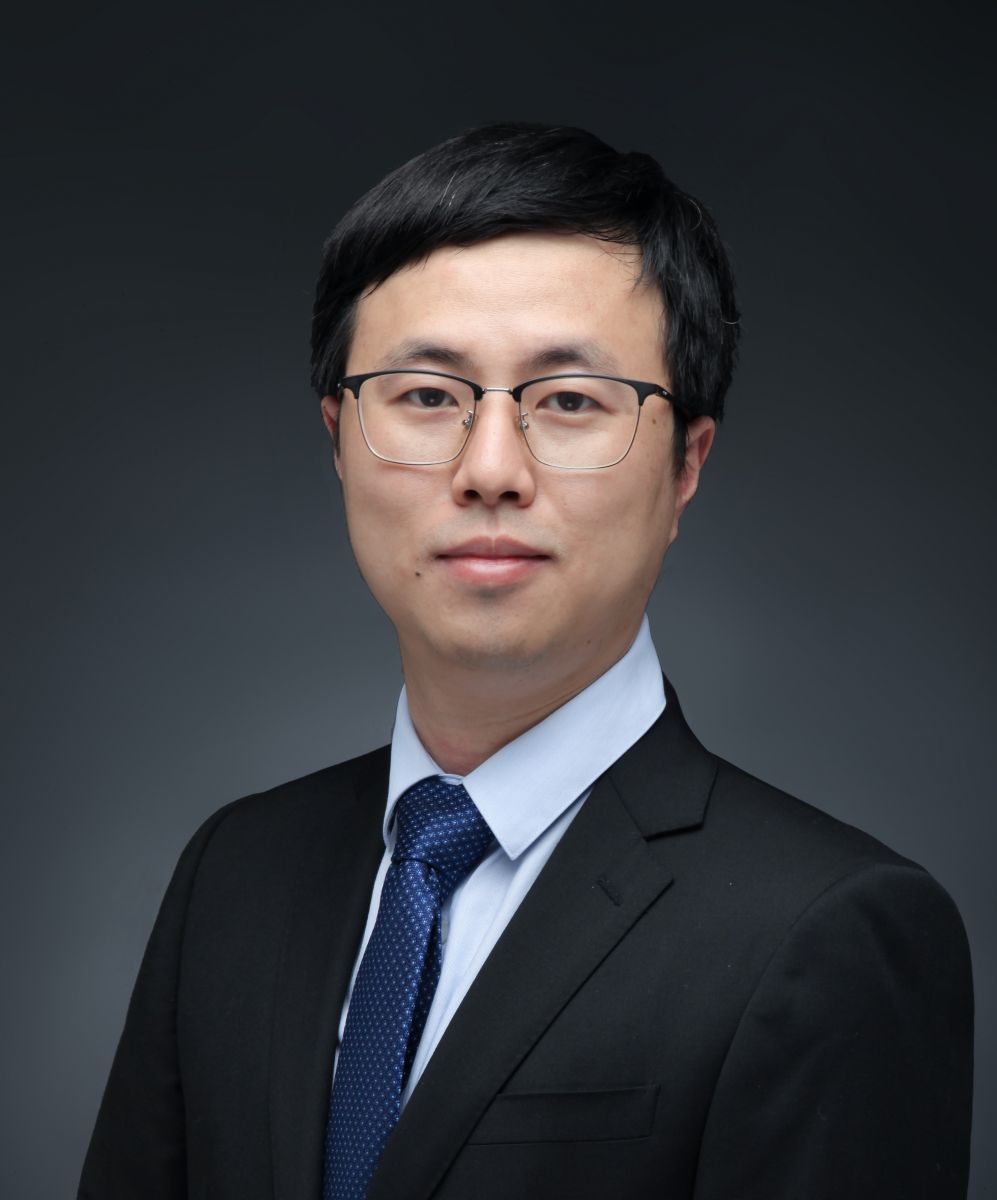
Prof. Wenchi Cheng (程文驰 教授)
Xidian University, China (西安电子科技大学)
Biosketch: Wenchi Cheng received the B.S. and Ph.D. degrees in telecommunication engineering from Xidian University, Xian, China, in 2008 and 2013, respectively. He was a Visiting Scholar with the Department of Electrical and Computer Engineering, Texas A&M University, College Station, TX, USA, from 2010 to 2011. He is currently a Full Professor with Xidian University. He has published more than 200 international journal and conference papers in IEEE JOURNAL ON SELECTED AREAS IN COMMUNICATIONS, IEEE MAGAZINES, IEEE TRANSACTIONS, IEEE INFOCOM, GLOBECOM, and ICC. His current research interests include 6G wireless networks, electromagnetic-based wireless communications, and emergency wireless information. He received the IEEE ComSoc Asia–Pacific Outstanding Young Researcher Award in 2021, the URSI Young Scientist Award in 2019, the Young Elite Scientist Award of CAST, and four IEEE journal/conference best papers. He has served or serving as the Wireless Communications Symposium Co-Chair for IEEE ICC 2022 and IEEE GLOBECOM 2020, the Publicity Chair for IEEE ICC 2019, the Next Generation Networks Symposium Chair for IEEE ICCC 2019, and the Workshop Chair for IEEE ICC 2019/IEEE GLOBECOM 2019/INFOCOM 2020 Workshop on Intelligent Wireless Emergency Communications Networks. He has served or serving as the ComSoc Representative for IEEE Public Safety Technology Initiative, Editor for IEEE Transactions on Wireless Communications, IEEE System Journal, IEEE Communications Letters, and IEEE Wireless Communications Letters.
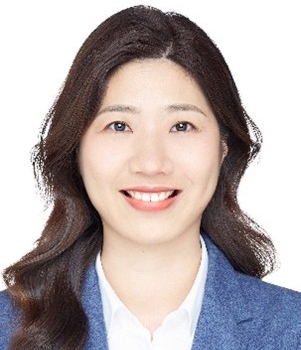
Prof. Youjia Chen
Fuzhou University, China
Biosketch: Youjia Chen (Member, IEEE) received the B.S. and M.S. degrees in communication engineering from Nanjing University, and the Ph.D. degree in wireless engineering from The University of Sydney. She is currently a full Professor with the College of Physics and Information Engineering, Fuzhou University, also serves as the vice director of the Fujian Key Laboratory of Intelligent Media Information Processing and Wireless Transmission. She has authored or coauthored more than 50 research papers in leading international journals and conference, and contributed to a IEEE Press (Wiley) book. She has led 10 projects, including 2 National Natural Science Foundation of China (NSFC) projects, 2 Fujian Provincial Natural Science Foundation projects. She holds more than 10 authorized Chinese invention patents and has received the Second Prize of the Fujian Provincial Science and Technology Award in 2023 and the Second Prize of the Fujian Communications Society Science and Technology Award in 2021. Her research interests include wireless caching/computing, intelligent reflecting surfaces, Internet of Video Things, and wireless AI.
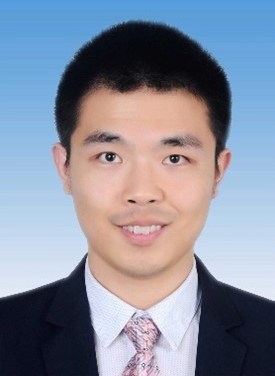
Prof. Zhengchuan Chen (陈正川 教授)
Chongqing University, China (重庆大学)
Biosketch: Zhengchuan Chen (M’16) received the B.S. degree from Nankai University, China, in 2010 and the Ph.D. degree from Tsinghua University, China, in 2015. He visited The Chinese University of Hong Kong in 2012 and visited University of Florida, USA, in 2013. From 2015 to 2017, he was a Postdoctoral Fellow in the Information Systems Technology and Design Pillar, Singapore University of Technology and Design (SUTD). He is currently a Professor with the School of Microelectronics and Communication Engineering, Chongqing University, China. His main research interests include 5G and beyond wireless communications, age of information, and network information theory.
Dr. Chen serves as the editor of IEEE Open Journal of the Communications Society,the editor of Digital Communications and Networks. He has also served several IEEE conferences, e.g., the IEEE Globecom, as a Technical Program Committee Member. He was selected as an Exemplary Reviewer of the IEEE Transactions on Communications in 2015. He coreceived the Best Paper Award at the International Workshop on High Mobility Wireless Communications in 2013.
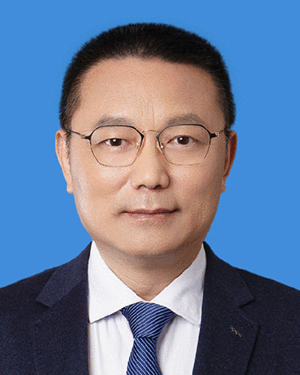
Prof. Yuan Jiang (姜园 教授)
Sun Yat-sen University, China (中山大学)
Biosketch: Professor Jiang Yuan (Member, IEEE) received the PhD degree in information and communication engineering from Zhejiang University, Hangzhou, China, in 2004. Currently, he served as a professor with the School of Electronics and Communication Engineering, Sun Yat-sen University. He is the director of Guangdong Key Laboratory, chief scientist of the National Key R&D Program, member of the National Satellite Application Technology Professional Group, part-time researcher and doctoral supervisor of PengCheng Laboratory, member of the 15th Committee of the China Electronic Countermeasures Society, deputy chairman of the Beidou+5G Committee of the Guangdong Communications Society, member of the expert pool of the Ministry of Science and Technology of China, member of the Guangdong Provincial Science and Technology Expert Pool, Guangdong Province High-level Talent Program Review Expert, and member of the Guangdong Provincial Emergency Management Expert Committee; he has won the provincial and ministerial science and technology progress first prize twice, the second prize once, and the third prize once. His research has been supported by the National Key Research and Development Program of China. His current research interests include the area of signal processing and their applications to wireless communication systems.
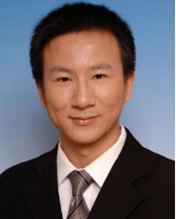
Prof. Shaoshi Yang (杨少石 教授)
Beijing University of Posts and Telecommunications (BUPT), China (北京邮电大学)
Biosketch: Shaoshi Yang received the B.Eng. degree in information engineering from Beijing University of Posts and Telecommunications (BUPT), China, in 2006, and the Ph.D. degree in electronics and electrical engineering from University of Southampton, U.K., in 2013. From 2008 to 2009, he was a Researcher with Intel Labs China. From 2013 to 2016, he was a Research Fellow with the School of Electronics and Computer Science, University of Southampton. From 2016 to 2018, he was a Principal Engineer with Huawei Technologies Co. Ltd., where he made significant contributions to the products, solutions, and standardization of 5G, wideband IoT, and cloud gaming/VR. He was a Guest Researcher with the Isaac Newton Institute for Mathematical Sciences, University of Cambridge. He is currently a Professor with BUPT, a Member of the Key Laboratory of Universal Wireless Communications, Ministry of Education, and a Deputy Director of the Key Laboratory of Mathematics and Information Networks, Ministry of Education. His research expertise includes 5G/5G-A/6G, massive MIMO, mobile ad hoc networks, distributed artificial intelligence, and cloud gaming/VR. He is a Standing Committee Member of the CCF Technical Committee on Distributed Computing and Systems. He received the Dean's Award for Early Career Research Excellence from the University of Southampton in 2015, the Huawei President Award for Wireless Innovations in 2018, the IEEE TCGCC Best Journal Paper Award in 2019, the IEEE Communications Society Best Survey Paper Award in 2020, the Xiaomi Young Scholars Award in 2023, the CAI Invention and Entrepreneurship Award in 2023, the CIUR Industry-University-Research Cooperation and Innovation Award in 2023, and the First Prize of Beijing Municipal Science and Technology Advancement Award in 2023. He is an Editor of IEEE Transactions on Communications, IEEE Transactions on Vehicular Technology, and Signal Processing (Elsevier). He was also an Editor of IEEE Systems Journal and IEEE Wireless Communications Letters. For more details on his research progress, please refer to https://shaoshiyang.weebly.com/.
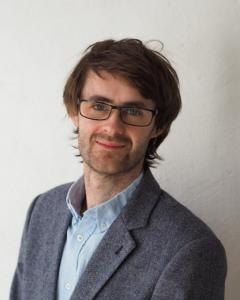
Prof. Simon Parkinson
University of Huddersfield, UK
Biosketch: Simon Parkinson is a Professor of Cyber Security at the University of Huddersfield and a Member of the UK Government’s Cyber Security Advisory Board. He leads the Centre for Cyber Security, and he has been researching topics on the interface between AI and Cyber Security for over a decade and has led a variety of research and knowledge exchange projects, exceeding £2M in value. Funding has come from a range of sources, including an EPSRC Researcher in Residence with the Digital Catapult and funding from the EU Commission on vulnerability detection using machine learning, and from the UK’s Defence Science and Technology Laboratory in learning and automating defensive actions in heterogenous data sources, amongst others. He has performed a review for the Department for Transport into threats facing Connected and Autonomous Vehicles, which resulted in influential work, helping to shape government policy and EU Standards. Prof Parkinson has served as co-organiser leading AI conferences, and a regular reviewer for many leading Journals.









